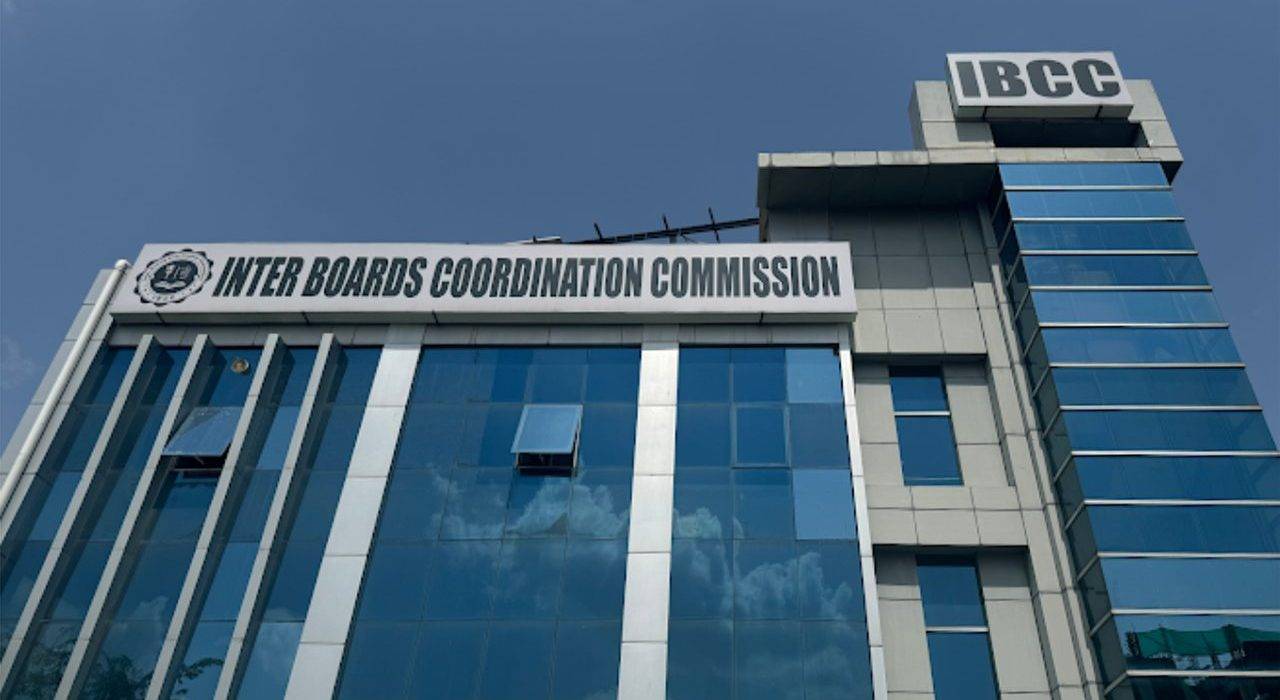In a significant step toward digitization, the Inter Board Committee of Chairmen (IBCC) has rolled out a fully online system for verifying academic certificates, scrapping the long-standing requirement for students to physically submit original documents in sealed envelopes. The new digital platform, hailed as a game-changer by education stakeholders, promises to simplify and speed up the verification process for both local and overseas students.
Speaking to Geo News, Executive Director Dr Ghulam Ali Mallah shared that under the new system, students can now upload scanned copies of their certificates via an online portal. Once verified, each document will be issued a unique QR code, allowing universities and institutions worldwide to instantly authenticate its legitimacy. “This will not only eliminate delays and risks associated with mailing original documents but also open new doors for international academic mobility,” Dr Ghulam Ali said.
The digital verification system is particularly designed to accommodate the needs of students returning from foreign institutions and those applying abroad, who previously faced frustrating bureaucratic hurdles. According to Dr Ali, the new model will also help integrate foreign qualifications more smoothly into Pakistan’s academic framework while bringing local certification standards in line with global practices.
By reducing paperwork, curbing opportunities for forgery, and cutting processing times, the IBCC’s initiative is expected to increase transparency and trust in the academic system. Many students and educators have already expressed relief at the prospect of saying goodbye to postal delays, misplaced documents, and procedural red tape.
However, while the initiative represents a laudable modernization effort, some education experts urge cautious optimism. There remain questions about data privacy, cyber security, and equitable access—especially for students from underdeveloped areas with limited internet connectivity. The digital transition, though promising, must be matched with robust infrastructure, training, and safeguards to ensure no student is left behind in the process.
Related: UK’s LRN Secures Historic IBCC Recognition
In the end, IBCC’s digital leap marks a welcome shift in Pakistan’s educational landscape. But as with any technological overhaul, its true success will depend not just on innovation, but on inclusion, transparency, and consistent implementation.



